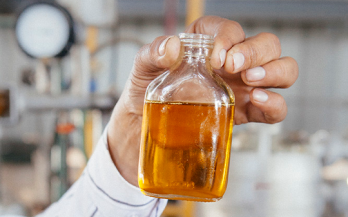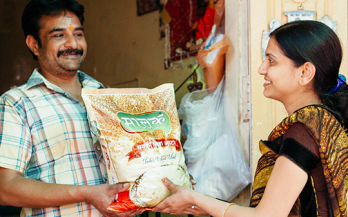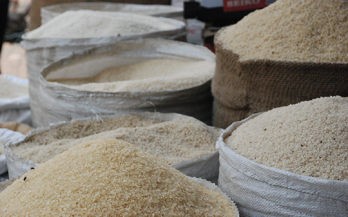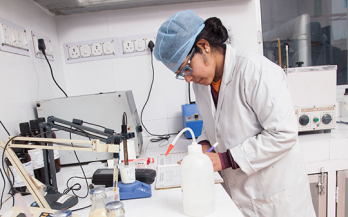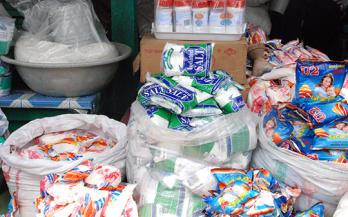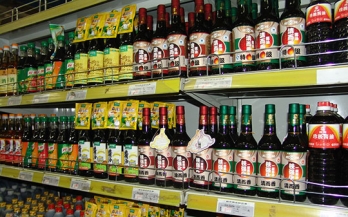The objective of this study was to assess the efficiency of the Global Alliance for Improved Nutrition (GAIN) Premix Facility in procuring quality, affordable vitamin A for fortification of edible oil in Indonesia.
The Global Alliance for Improved Nutrition (GAIN) was established in 2002 with a mandate to galvanize efforts by the public and private sectors to end malnutrition. This paper describes GAIN's evolution from a large-scale food fortification program focus to a broader nutrition program portfolio directed toward improving access and affordability of nutritious foods for the poor.
The objective of this study was to estimate the iron and vitamin A status of preschool children (PSC) and women of reproductive age (WRA) in households consuming fortified oil and wheat flour.
This work aimed at assessing the combined influence of different factors on vitamin A retention and the oxidative status of wheat flours: storage duration, temperature during storage, relative humidity within storage facilities, type of packaging, and premix composition.
This paper describes the social marketing strategy implemented by PATH and GAIN to create a sustainable market for rice fortification in Brazil and develop a replicable model relevant to other geographies.
Fortified beverages and supplementary foods, when given during pregnancy, have been shown to have positive effects on preventing maternal anaemia and iron deficiency. The purpose of this paper is to assess how fortified food, when given during pregnancy, has positive effects on preventing maternal anaemia and iron deficiency.
This paper outlines key findings on the perceived effectiveness of regulatory monitoring systems and barriers to compliance against national fortification standards. Findings highlight that regulatory agencies and industry disagree on the value that enforcement mechanisms have in ensuring compliance against standards.
Single and multiple variable regression analyses were conducted using data from stratified, cluster sample design, iodine surveys in India, Ghana, and Senegal to identify factors associated with urinary iodine concentration among women of reproductive age at the national and sub-national level.
Regression analyses of data from stratified, cluster sample, household iodine surveys in Bangladesh, India, Ghana and Senegal were conducted to identify factors associated with household access to adequately iodised salt.
The objective of this study was to assess a new portable device for the quantitative measurement of iron content of fortified sauces that could be used to control fortification levels.
